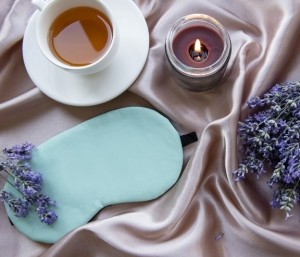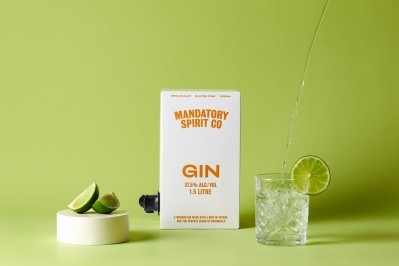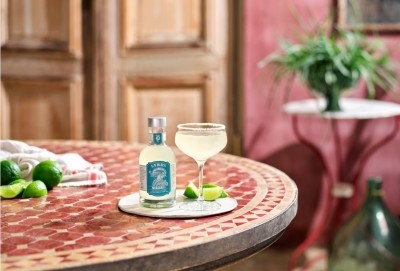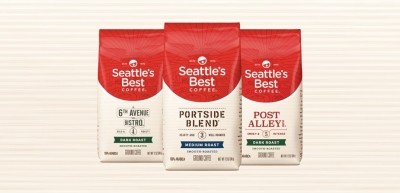Energy & relaxation: Consumers look for functional beverages that meet key need states in busy lives
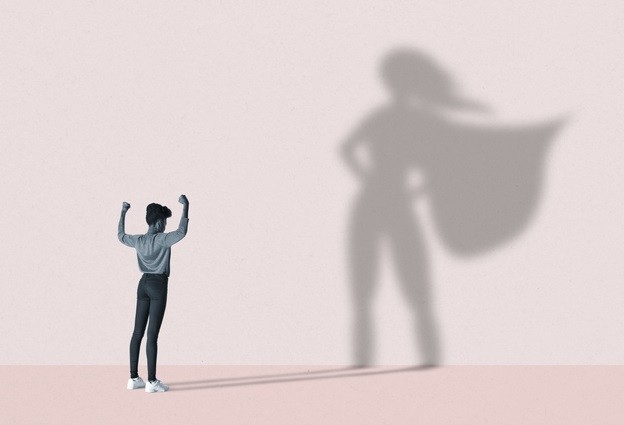
The last few years have seen a proliferation of launches tapping into the energy occasion – whether this be in energy drinks that cater to a wider audience, coffee or herbal concoctions that draw on key ingredients for energy.
And on the flip side, there’s a real opportunity for beverages that calm and soothe.
“We'll see continued growth of products offering relaxation and calming benefits,” notes Devan Conness, Research Analyst at Euromonitor International.
“One of America's biggest health concerns is stress and anxiety. People are busy and stressed and look to beverages to provide things they don't have, namely energy and relaxation.
“Consumers look towards caffeine to get them through the day and in the evening reach for beverages claiming to calm and relax the body and mind.”
Growing the categories
Coffee consumption has soared to a two-decade high, according to the National Coffee Association (NCA), illustrating just how much Americans search for this energy boost. The report found that consumers have increased coffee consumption away from home by 8% since January 2021; while at home coffee consumption is above pre-pandemic levels.
Meanwhile, there’s been a flurry of caffeinated water launches and other non-coffee caffeinated waters.
“Caffeine consumption is not going anywhere, Americans are buying and consuming it at higher and higher rates,” says Conness. “So unless we see American life become less busy and stressful, we'll continue to see a demand for beverages that counter the effects of the caffeine that gets us through the day - those that calm and relax.”
When it comes to relaxation, herbal infusions have been the cornerstone of this need state.
But the category is growing far beyond traditional comforting hot drinks: involving new occasions and new ingredients.
In the growing alcohol-free category, drinks are tapping into this need state to provide an alternative to the relaxing alcohol evening occasion.
America’s Kin Euphorics’s Dream Light, for example, uses ‘adaptogens, nootropics, and botanics like Reishi Mushroom, Melatonin, and L-Tryptophan to quiet your mind, release what’s beyond your control, and help you reach a natural circadian rhythm for deeper, more restful sleep’.
And UK’s Sentia goes beyond this: drawing on plant-based ingredients in its new GABA technology to create ‘sociable and relaxing effects’.
Meanwhile, the idea of de-stressing has been a key selling point for CBD beverages: which remain niche but are growing in the US by double digits in both value and volume terms.
Is immunity still important?
Immunity claims soared during the pandemic. How relevant do they remain in 2022?
“One of the most popular claims that we saw in 2020 and 2021 was "immune system health" which comes as no surprise given the ever-present awareness and threat of sickness during the peak years of the pandemic," said Conness.
"However, that trend is falling out in step with people's willingness to put mental and physical effort towards precautionary measures primarily exercised in the past two years. Just as caution towards Covid has become less of a priority, so too has prioritizing immune health to the extent we saw in 2020-2021.”
Dominant health concerns are, instead, now shaping up around an aging population.
“Cognitive function claiming-beverages will be interesting to follow this year. There is an opportunity to connect with the Baby Boomer generation who are noticing the effects of aging on their mind.”
